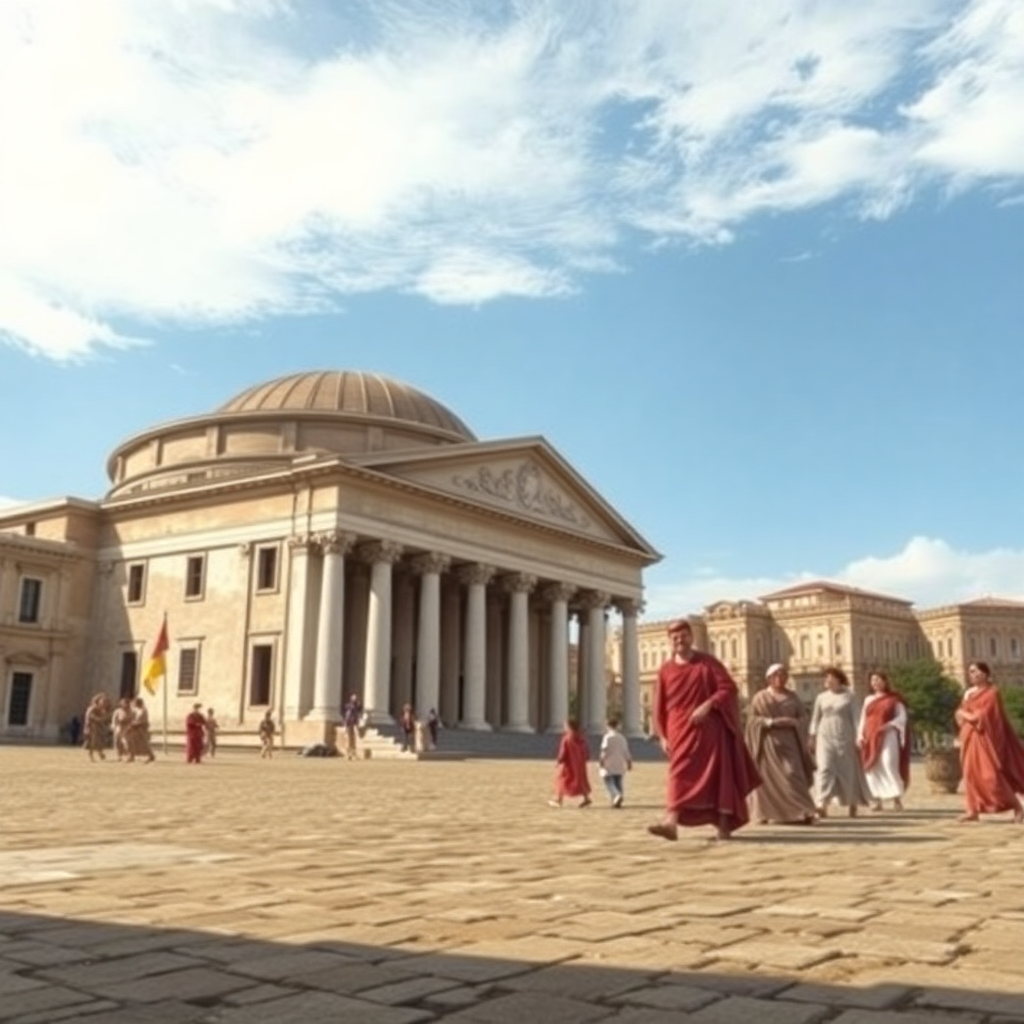What Does the Abbreviation SPQR Stand For?
It stands for "Senatus Populusque Romanus," which translates to "The Senate and People of Rome."
The abbreviation SPQR is one of the most iconic symbols associated with Ancient Rome, embodying the essence of Roman identity and governance. It stands for "Senatus Populusque Romanus," which translates to "The Senate and People of Rome." This phrase not only reflects the political structure of the Roman Republic but also symbolizes the relationship between the ruling class and the citizens of Rome.
In this blog post, we will explore the historical significance, uses, and cultural legacy of SPQR, shedding light on what it meant to ancient Romans and what it represents today.
The Origins of SPQR
The roots of SPQR trace back to the early days of the Roman Republic, which was established around 509 B.C. after the overthrow of the last king of Rome, Tarquin the Proud. The creation of the Republic marked a revolutionary shift from monarchy to a system that emphasized collective governance through elected officials. The phrase "Senatus Populusque Romanus" encapsulated this transition, highlighting the cooperation between the Senate—the body of aristocratic leaders—and the Roman citizenry.
In the Republic, the Senate played a crucial role in governance, advising magistrates, approving legislation, and controlling public finances. The people, represented by the assemblies, held the power to elect officials and vote on important matters. Thus, SPQR symbolized a political ideology that valued both the wisdom of the Senate and the voice of the people, establishing a precedent for participatory governance that influenced future democratic systems.

The Symbolic Use of SPQR
SPQR was not merely an abbreviation confined to political discourse; it became a powerful emblem that adorned various aspects of Roman life. It was prominently displayed on public monuments, government buildings, and military standards, serving as a reminder of Rome's sophisticated political structure and its commitment to civic duty. The presence of SPQR reinforced the idea that the authority of the state was a collective enterprise, shared between the ruling elite and the ordinary citizens.
In addition to its political significance, SPQR also appeared on coins, underlining the economic and social aspects of Roman life. These inscriptions often conveyed messages of pride and patriotism, as they stamped the legitimacy of the government and the collective identity of its citizens. The use of SPQR extended beyond the realms of governance and commerce; it became a designation of Roman citizenship itself, representing privileges, rights, and responsibilities granted to the people of Rome.
The Evolution of SPQR Throughout Roman History
As the Roman Republic transitioned into the Roman Empire, the meaning and implications of SPQR evolved. During the early Empire, when power centralized under the emperors, the Senate's authority diminished, yet the abbreviation remained a potent symbol of Rome’s heritage. Emperors like Augustus used SPQR to legitimize their rule, framing themselves as protectors of the Senate and the people, even as they wielded significant control over the state.
The enduring nature of SPQR reflected a deep-seated reverence for the Republic's ideals, even in times of autocratic rule. It served as a link between the past and the present, as emperors sought to evoke the glory of the Republic while expanding the empire’s reach. Hence, SPQR became an emblem of continuity and resilience, representing not just a historical government but also the enduring values of Roman civilization.
SPQR in Modern Culture
The legacy of SPQR extends far beyond the confines of ancient history. Today, the abbreviation continues to resonate in various contexts, particularly in Italy. It remains a symbol of Roman heritage, frequently appearing in municipal insignia, including the coat of arms of the city of Rome. The presence of SPQR in contemporary settings serves as a reminder of the city's illustrious past and its influence on modern governance and civic ideals.
Furthermore, SPQR has made its mark in popular culture, appearing in literature, films, and even clothing. It evokes a sense of pride and nostalgia for the grandeur of Rome, inspiring artists and writers alike to explore themes of power, identity, and community. The abbreviation is often associated with ideas of democracy and citizenship, prompting discussions on the relevance of ancient principles in today's society.